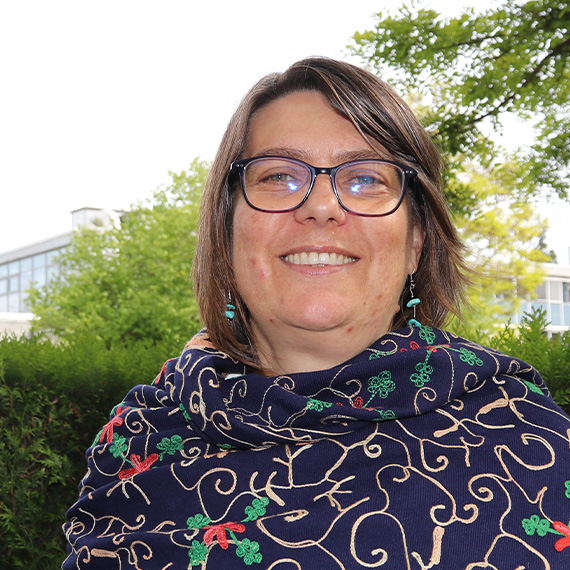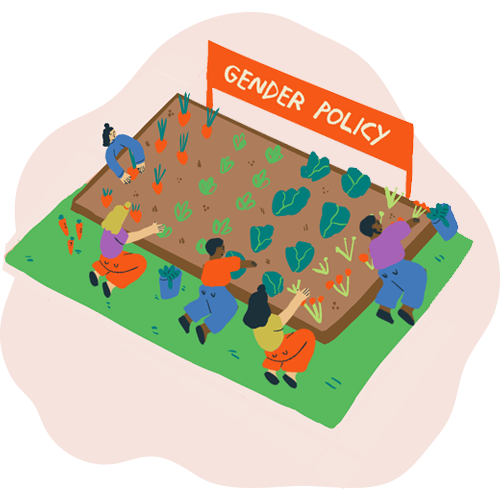
As part of ACT’s 2021 Annual Report, we interviewed Elaine Neuenfeldt, Manager of the ACT Gender Justice Programme. Download your copy of the Annual Report here.
Why is working on gender justice important for the alliance?
When we talk about gender justice, we refer to an intersectional and collective approach focused on the different experiences and lived realities of those most impacted by discrimination and oppression. Although women and their rights are at the centre of our work, achieving gender equality and justice requires a broader cultural and theological shift. As you can see, this is at the core of our work as an Alliance. It is a cross-thematic issue that we need to work on collectively.
This is especially true today when we face different forms of fundamentalisms that threaten our democracies, our values, the dignity of those in most in need and the acquired rights of women everywhere. The work to achieve justice is a journey, which is why we called our campaign #TheRoad2Equality. We need everyone to walk on this road regardless of their background or thematic priorities.
What is your model of programmatic action and how it is working?
We are grateful to the Swedish International Development Agency (SIDA) who funded this programme and trust our capacity to develop new ways of walking the talk on the road to equality. We are also lucky to have internal ACT Alliance structures like the Forums, the Communities of Practice, and the Gender Reference Group who support us in this journey. In the past couple of years, we have worked to support several strategic projects in 10 countries. The Forums shaped innovative projects that addressed issues they saw at the local level. We also developed Regional Roadmaps so that all our members are equipped with a gender justice policy not only on paper but in practice.
We worked to change the narrative in international forums like the UN, where we connected local realities to global policies. We organised conversations on difficult topics for the ecumenical movement, secular organisations and governments on what needs to be done. These are just examples, but as you can see, we did a lot. And we plan on doing even more.
What are the challenges and opportunities you see and what are you planning to do to address them?
The first challenge we all see is a convergence in fundamentalist groups and their narratives. We have an ethical responsibility to challenge those. The role of faith leaders and organisations is crucial. We need to create new theologies of liberation and justice to oppose arguments that try to oppress and control. To do that we need to find ways to protect the prophetic voices that dare to speak up for justice.
Another issue we will work on is mainstreaming gender in all ACT programmes. We have started with the Climate Justice programme and the Migration and Displacement programme, but we need to do more. For instance, we need to collaborate on Humanitarian Assistance, ensuring that women and girls’ true needs are taken into account when delivering aid.
There is so much to do, and our team is ready for the challenge. I am blessed to work with an amazing group of dedicated women and men who truly are committed to justice and rights. But we need more people to support, to engage, to advise and help. Everyone is welcome! There is a saying I really believe in: “If you want to go fast walk alone, if you want to go far, walk together.”
Well, I believe it’s time to walk together.
